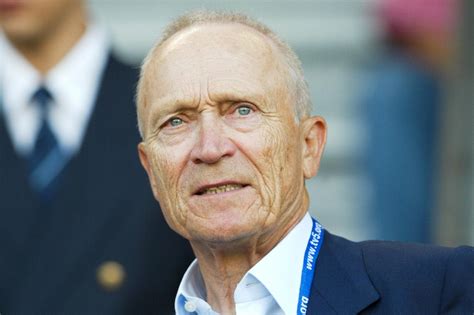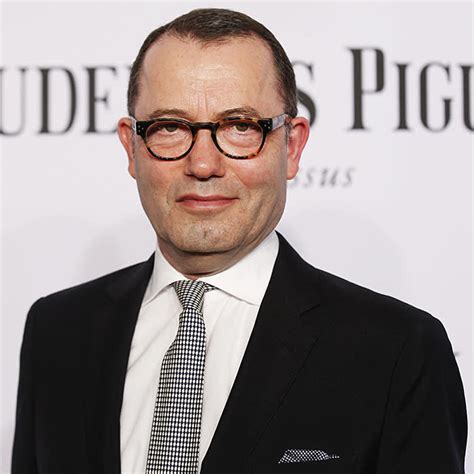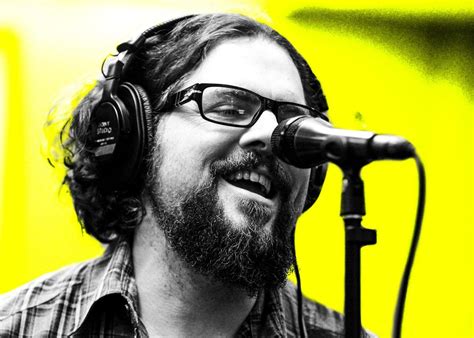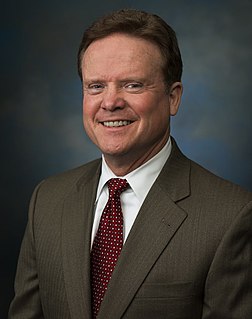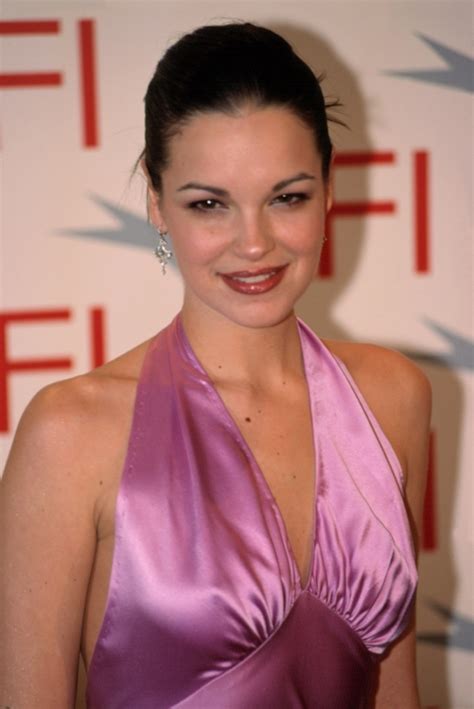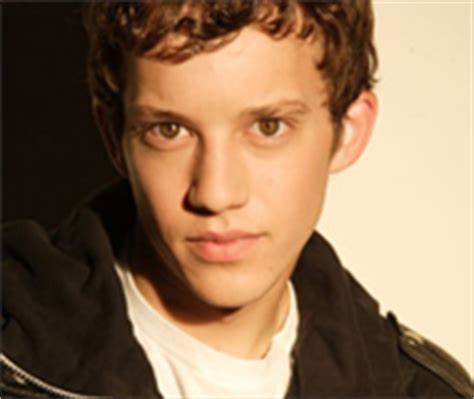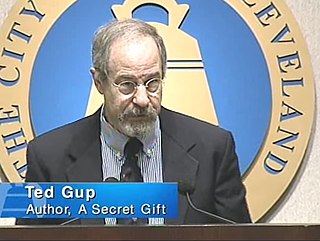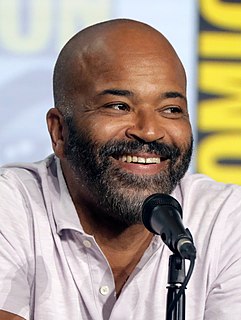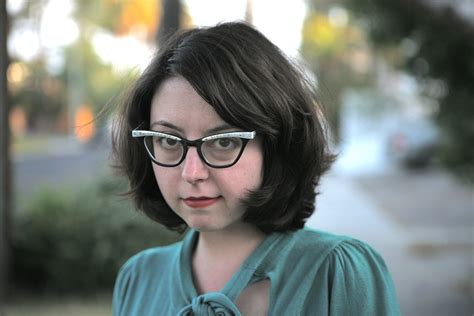A Quote by Theresa Rebeck
Part of the problem with producing contemporary political theater in America today is that many theaters don't have flexibility or resources, be it hiring a lot of actors or staging a work that might be tough for some audience and board members.
Related Quotes
Restoration is to some extent part of the digital age. These days, if you re-issue a movie in theaters or on Blu-ray, it has to be in high-quality condition: You have to restore. We plan a Paris cinema theater dedicated totally to classics. If we think there's an audience, we will release classics in theaters. People will discover that it's worth going to the cinema to see great movies of the past in perfect condition. I believe a lot in that.
You can't make theater happen without actors. The actor is the central ingredient in making theater happen. Audiences may come to theaters to see the work of stage managers, directors and producers, but the only people who can communicate theater magic to audiences, through ideas and emotions, are the actors. They are the only ones who can communicate this by themselves, and if necessary, they can get along without you. But you can't make theater without the actor.
I think film is a world of directors. Theater is a world of actors. Or, theater is for actors as cinema is for directors. I started in theater. Filming is as complete as directing film. In theater, you are there, you have a character, you have a play, you have a light, you have a set, you have an audience, and you're in control, and every night is different depending on you and the relationship with the other actors. It's as simple as that. So, you are given all the tools.
I think casting is really important. Finding the right sensibility for the right part is an art in itself. If you're off there, you make it harder on yourself as a director. And it's fun to work that out with the actors. I don't think there's any magic to directing actors. It's very instinctual. Working with actors is really one of my favorite creative moments of the whole process, and the most fun, because it's collaborative. I spend a lot of time rehearsing. I'm very rehearsal-oriented, probably because I have some background in theater. I like knowing what will work beforehand.
At any given time, on our band Drive-by Truckers' shows there might be someone who's eight years old or 80 years old in the audience. Some nights there are a lot of girls in the audience, some nights not. It's so unpredictable, but I like that. A lot of Republicans come see us. I've got many friends and family that are Republicans, so our following definitely cuts across the political lines and all of that. Which puts us in the unique position of not just preaching to the converted. I respect and value that.
Every effort is made to control information. Secrecy is just one of the toggles on their control board. The mindset is in place, and they've done a lot of hiring over eight years, not just political appointees. And they've done a lot of firing or driving people out who might have countermanded or resisted. So, institutionally, it's not going to be simply a matter of flipping the switch to undo it. You're going have to bring in people dedicated to transparency, and you have to demonstrate that there are rewards for candor.
The key reason executives are paid so much now is that they appoint the members of the corporate board that determines their compensation and control many of the perks that board members count on. So it's not the invisible hand of the market that leads to those monumental executive incomes; it's the invisible handshake in the boardroom.
There are [in Hollywood] some endemic problems and some things that happen over and over again. There's the problem of representation of basically anybody but white men. These are things that we talk about a lot in contemporary culture, and it's interesting to me to go look at film history from the perspective of today.

